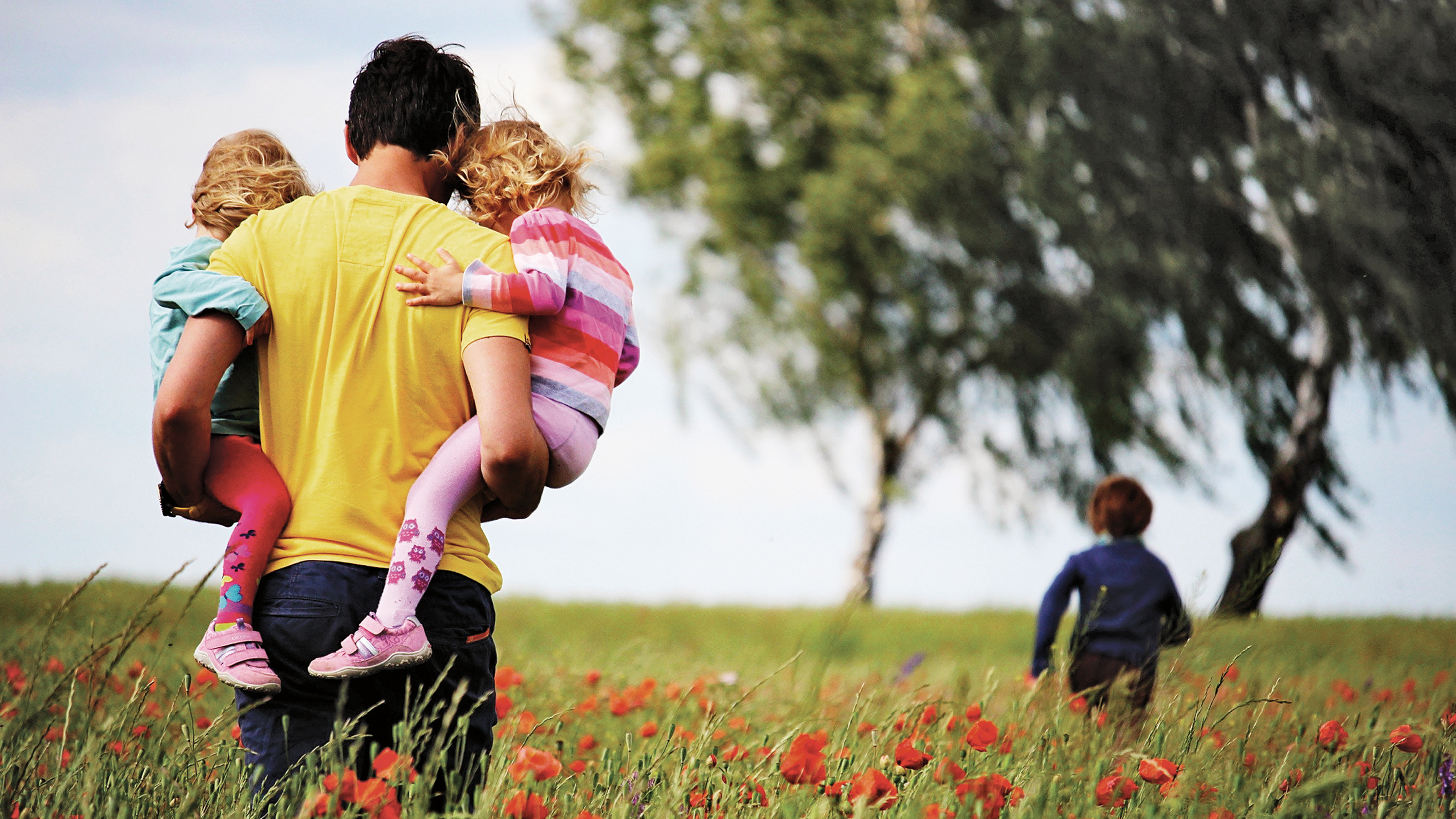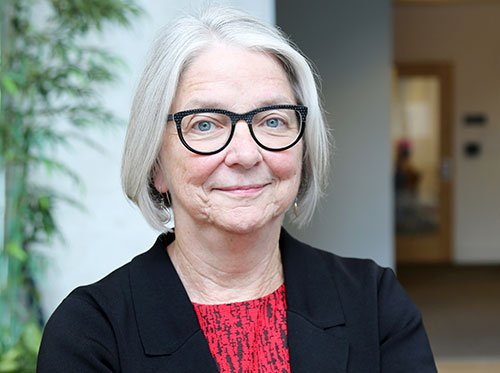
By Karen Shih
It’s not easy being a parent — and parenting with a mental illness is even harder. How do you explain your condition to your child? What if a medication makes you too sleepy to watch your kids? What if you need inpatient psychiatric care, but the facility’s policies don’t allow young children to visit?
“The majority of people who have a mental illness are parents, and my work is to help them get the support they need to succeed in the role they’ve chosen,” says Professor of the Practice Joanne Nicholson of the Institute for Behavioral Health. She led the first national epidemiological study on this population in 2004, which showed that 57% of men and 68% of women who experience mental illness during their lifetime are parents.
That’s why she launched ParentingWell in 2017, a peer specialist initiative for parents with mental illness at Heller’s National Research Center for Parents with Disabilities, funded by the National Institute on Disability, Independent Living, and Rehabilitation Research, in partnership with the Massachusetts Department of Mental Health (DMH).

Peer specialists are people on the path to recovery who can provide support to someone with a similar illness. They’re commonly used in other health contexts, such as substance use recovery or cancer treatment.
But to launch a parent peer specialist program in Massachusetts, Nicholson needed to first get buy-in across the Commonwealth’s mental health system. For the first 18 months, she and her team worked with DMH and various mental health agencies to change how staff members approach the people they serve.
“Our goal is to have everyone in the system thinking: This person needs housing, a job, medication — and they may also be a parent,” she says.
Nicholson and her team used what they learned to guide the development of the training program, including providing targeted, ongoing support for peer specialists; getting all practitioners to routinely ask patients about parenting and family life; and integrating peer specialists into program staff and agency initiatives. They’ve published two papers and are working on a third, focused on how to train organizations to implement and sustain supports for parents.
In May 2019, they started the statewide ParentingWell Learning Collaborative with 28 participants, to train not only peer specialists, but also social workers, case managers, clinical team members and others from DMH, as well as four mental health organizations.
This group training is important because “working with families is really complicated,” Nicholson says. “Peer specialists are often the ones with the most knowledge of the family —seeing that their refrigerator is empty, for example — but may be the least professionally skilled or supported.”
Peer specialists, along with their colleagues, have begun working with parents. Nicholson and her team will follow the progress of this pilot group for three to six months, then assess impact and make necessary adjustments for the next iteration of the training.
“Being a parent is a routine role for many Americans,” Nicholson says. “Adult mental health service providers are trained to work with the individual adult — but we want to help them see the whole picture.”
